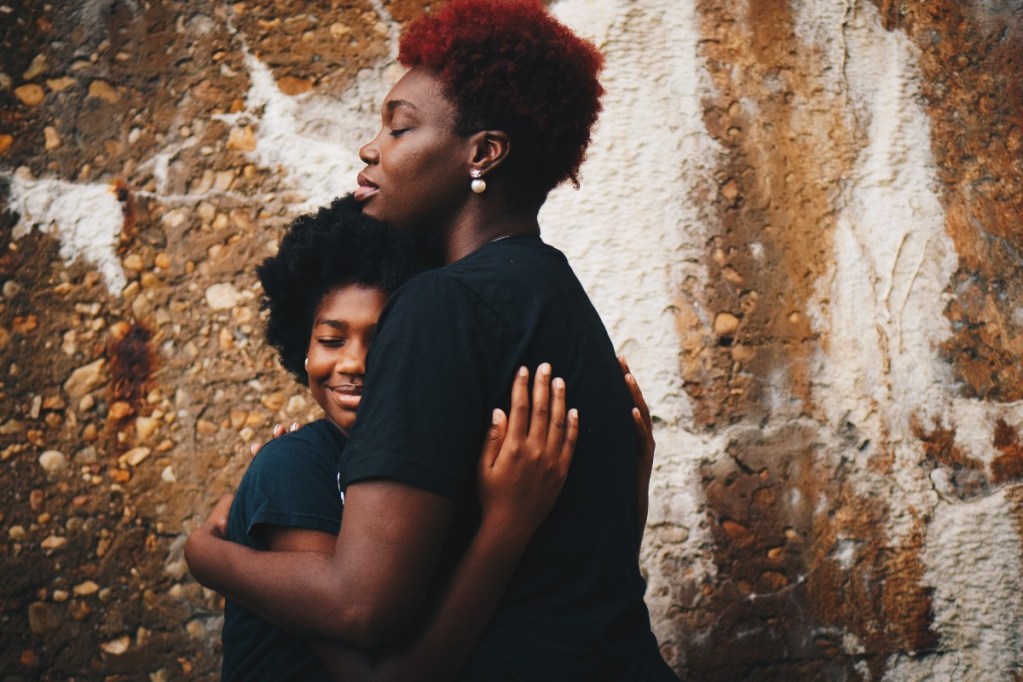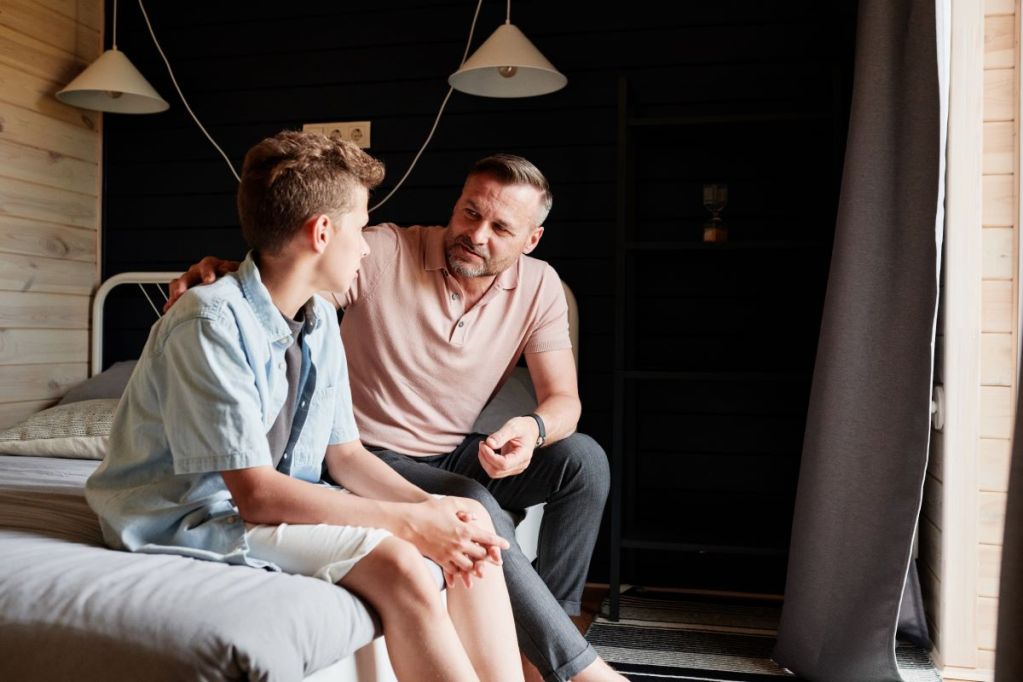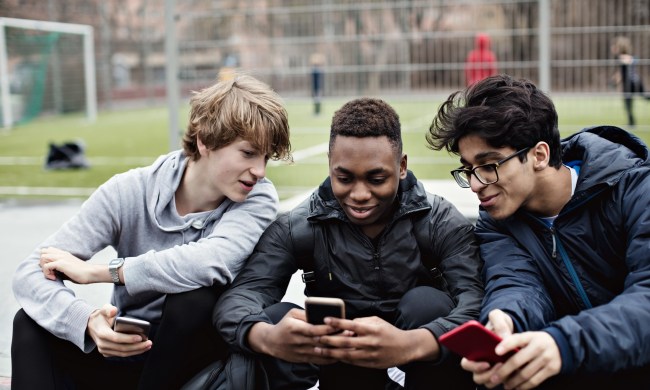Bullying in schools is an all-too-common problem. About 20%, or 1 in 5, of students, report being bullied, according to data compiled by the U.S. Department of Education. However, LGBTQIA+ students experience bullying at an even higher rate. A Trevor Project report from 2021 found that 52% of LGBTQ middle and high school students reported being bullied.
The consequences can be tragic, with nearly 29% of teenagers who had been bullied in the last year saying they attempted suicide. Parents of LGBTQIA+ teens may be particularly troubled about this data and their child’s reality. Though society has come a long way, including the legalization of gay marriage and more education on the difference between sex and gender, there is clearly work to be done. In the meantime, parents may wonder how to help their teens. Here’s how to be your child’s biggest ally.

Know the signs of bullying
The symptoms of bullying are generally the same, whether a person is LGBTQIA+ or not. However, since transgender, nonbinary, and gay teens are more likely to be on the receiving end of bullying, parents want to pay close attention to common red flags. Teens don’t always tell parents when they’re having issues in school. Understanding symptoms can allow parents to support their children. These flags include:
- Unexplained signs of physical harm, such as cuts and bruises
- Missing or damaged items
- Frequent absenteeism from school or activities
- Constant nightmares
- A decline in academic performance
- Low self-esteem
- Loss of appetite
- Takes a different route or exit to enter or leave school
How to approach your teen
If you think your LGBTQIA+ teen is being harmed, your initial reaction may be to confront the bully or school. However, you’ll want to first get a sense of the story from your teen. It’s a delicate conversation, and experts suggest that parents not bluntly ask the teenager, “Are you being bullied?”
Instead, you can say something like, “I recently read a report about bullying and LGBTQIA+ teens and how they are more likely to experience it. Does that happen at your school?”
You can also talk about bullying and LGBTQIA+ youth when it actually comes on the news. This nonconfrontational approach feels natural rather than prying.
Other subtle questions include: “Who are you hanging out with this year? Who sits with you at lunch?”

Be supportive yourself
Your LGBTQIA+ teen is more likely to come to you with issues or confide in you that they are being bullied if they know you support them. Experts suggest:
- Unlearning previous beliefs about gender, gay teens, or sexual orientation in general, which you may have shared with your teenager and hurt them.
- Assuring them you’re always there to listen, even if you don’t have all the answers (you may be learning more about what gender journeys look like, too).
- Showing your pride by marching with them in parades, joining support groups, and attending fundraisers for LGTBQIA+ youth.
Don’t blame the teen
Bullying is never the victim’s fault. Avoid placing blame with statements like, “Maybe you should stop wearing dresses” or “Just use the girls’ room then.” You may be trying to give well-meaning advice to protect your teenager, but these suggestions imply they need to change, not the perpetrator.
Take action that supports your LGBTQIA+ teen
Parents may fear that calling the school to report bullying could only make the problem worse, but experts say adult intervention is often a must. Calmly state the facts as given to you by your teen, and emphasize your desire to make it stop. Avoid contacting the bully’s parents directly, as they may not be as objective and receptive as the school should be.
It’s also essential to empower your teen. Some do’s and don’ts include:
- Don’t tell your child to “just ignore it.”
- Encourage them to use words, not physical retaliation.
- Help them find new activities to make friends, perhaps outside the school setting.
- Work on safety strategies, such as calling an adult if they feel unsafe.
- Find a therapist that specializes in LGTBQIA+ youths.
For years, we’ve known gay teens are susceptible to bullying. However, more teens are living lives as nonbinary and trans. Part of the reason is that they feel safer. Unfortunately, anyone who identifies as LGBTQIA+ is more prone to bullying in schools. You’ll want to empower your LGBTQIA+ teen to exercise safe strategies for dealing with bullies while also protecting them. Teaching them how to call an adult when they feel unsafe is one way. Don’t be afraid to contact the school for assistance. Adult intervention is often necessary, and it’s better to call the principal than the bully’s parents. Be an ally in your own home so your teen feels more comfortable being honest with you about bullying in school. A therapist can provide useful support for LGBTQIA+ teens if they’re a victim of bullying.





